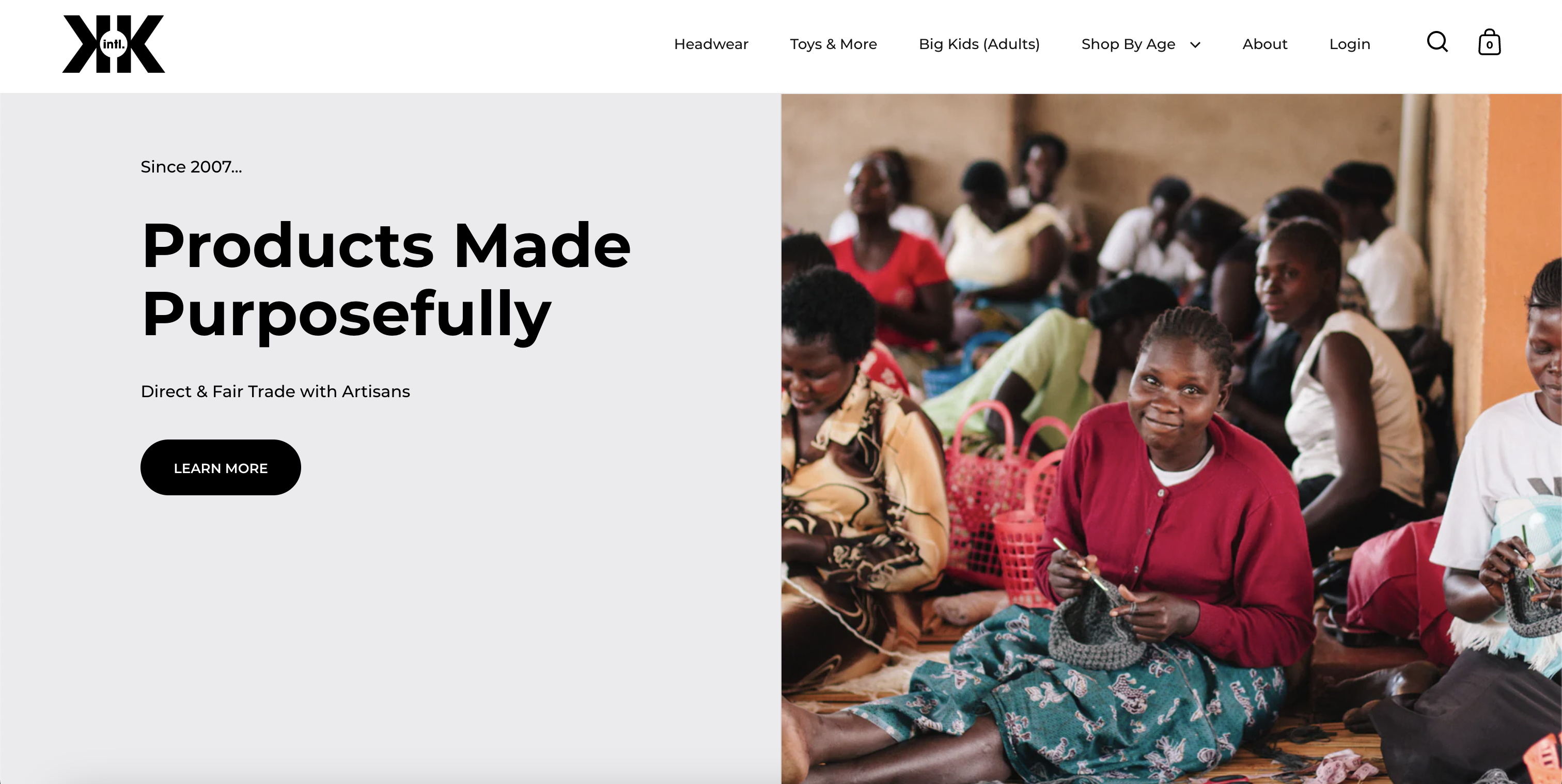The Power of Storytelling: How to Build Your Own Story


In a time where brands are flooding the market and bombarding us with an onslaught of messages on and offline, the desire for meaningful content and genuine human connection is felt more keenly than ever. To retain that touch, savvier businesses are turning to art of storytelling to reach out to their customers.
Humans are wired for storytelling, and there is science backing this up. Studies have shown that many different parts of our brain light up when listening to a narrative as it encourages us to use our imagination, respond emotionally and gain a new perspective, among other skills. We have been sharing stories since the beginning of time, passing on knowledge and ideas while learning new ways of thinking; it breaks down the barriers of time, generation, race, culture, and religion, bridging the gaps of these differences to help us understand each other better.
When it comes to making a lasting impression, the most successful brands do more than sell a good product or service. They share their purpose, vision and aspirations, including you in their journey and making you feel like a vital part of their brand story instead of just another consumer.
“Adong Ester was born into a rather large family but tragically lost many of them as a child due to illnesses. With the money that she has earned at Krochet Kids Uganda, Ester has been able to send her children to school, an opportunity that she did not have herself. She is now also able to provide her family with housing, food and medical care. She dreams of acquiring a plot of land to build for her four children and also to educate them using the money she makes from crocheting.”
Imagine a company with anecdotes like the one above for every individual who works for them. That is Krochet Kids. Founded by passionate siblings in 2007 with the intent of humanizing the apparel industry, they are a non-profit organisation producing high-quality and handcrafted clothes and accessories, giving women in Northern Uganda, India and Peru the opportunity to lift their families from poverty and improve their lives.

Delving deeper into the brand, it quickly becomes clear that sharing and caring is the core of their identity. Every product is signed by the producer and from there, the customer can easily find their profile on the dedicated Meet the Makers page on their website where you can learn about their story and even send them a message of thanks. That is where we got Ester’s story from, along with some fun facts like what her favourite emoji is. These extremely personal touches and thorough attention to detail send the message that everyone in their company matters and is, in fact, the drop of water that makes up the ocean that is the whole brand.
By purchasing a KK product, you are doing more than getting a nice, hand-made garment. You are directly helping the maker and her family, and you can see with your own eyes how you are making a difference. You become part of the story, or the person’s journey to a better life.
Non-profits and humanitarian brands have no shortage of stories to tell, but everyone has the capacity to tell one. You are not limited any single mode of storytelling. Your brand and its stories should reflect who you really are, and use the appropriate narrative style or devices to convey this. You should also know who your target audience is.

For example, look at Swedish furniture giant IKEA, a household name when it comes to household items – and a comedic whizz when it comes to ad campaigns. With a worldwide presence, they have a large audience to address; their punny 2015 video “Shelf-Help Guru”, aimed at Singaporean and Malaysian customers, tell very relatable a story about a married couple having trouble organizing their space using humour. You might recognize the serene blonde guru Fille Güte from “Bookbook”, a previous campaign promoting IKEA’s catalogue that also drew laughs while poking fun at tech-driven Apple. These ads are very in line with the IKEA brand, a friendly everyman that wants to make your life easier but doesn’t take themselves too seriously.
Stories are endlessly fascinating in that they are universal methods of creation and communication, yet unique to every storyteller, which speaks to the wonderful complexity of the human race.
That is the best part – everyone can tell a story because they have something to say. You don’t need a big budget, an elaborate PR stunt or an international presence. Just stay true to your identity when you share your story, whether that is with humour or empathy, and you will engage your audience on a deeper level than can be achieved with spamming facts and figures and other aggressive marketing tactics.
We would love to help you share your story. Contact us for a complimentary, no-obligations, brand audit today.